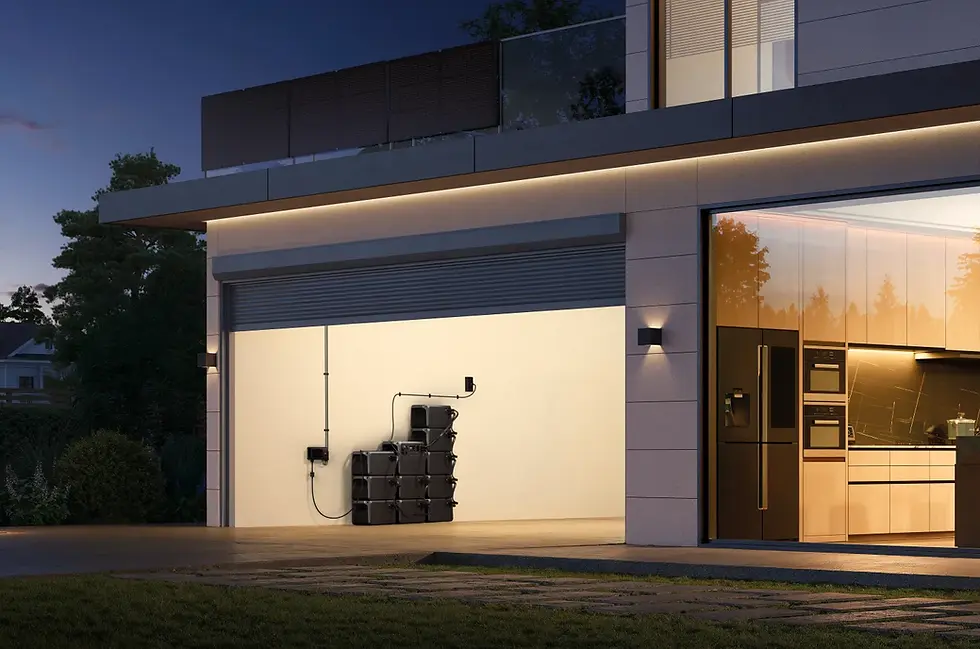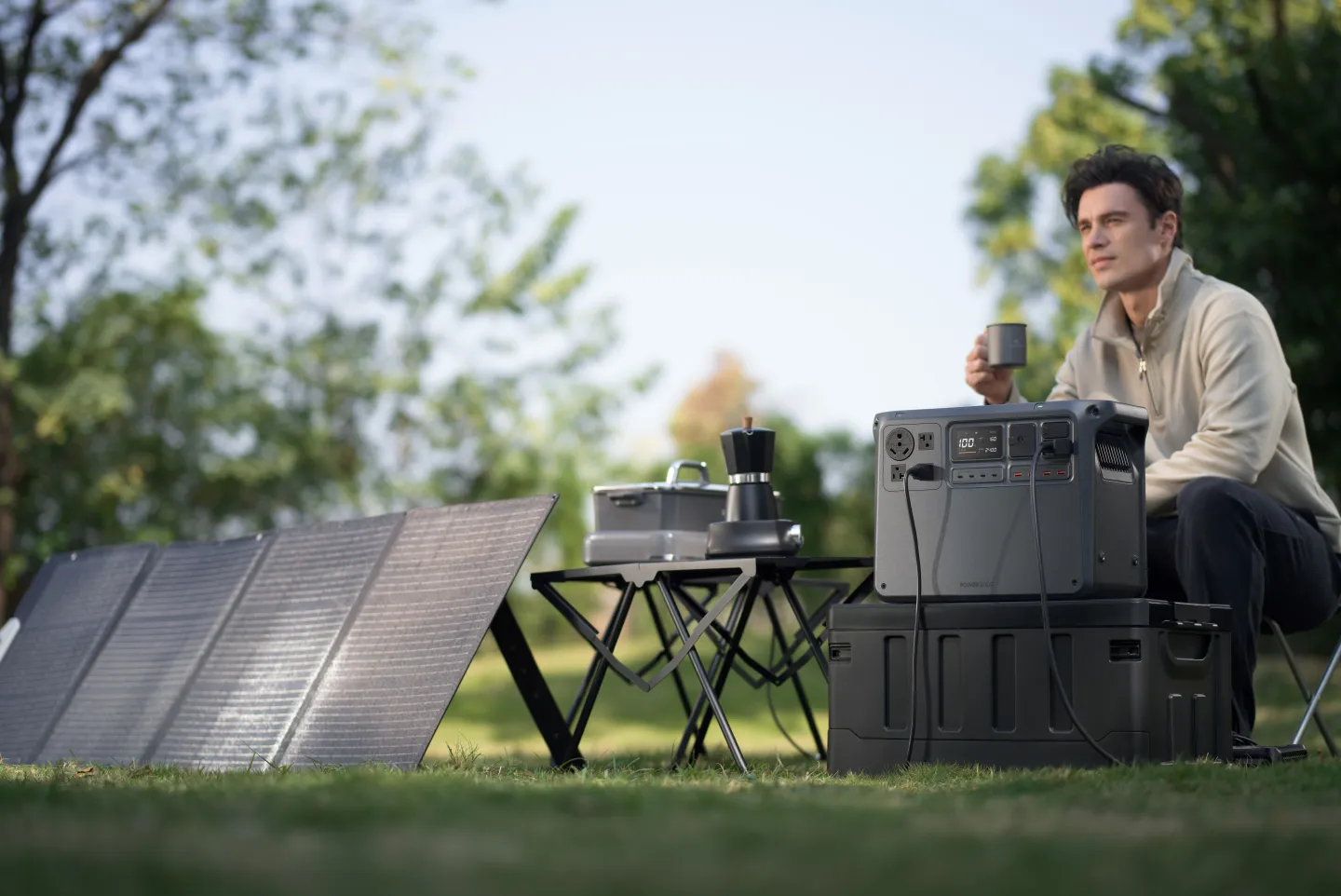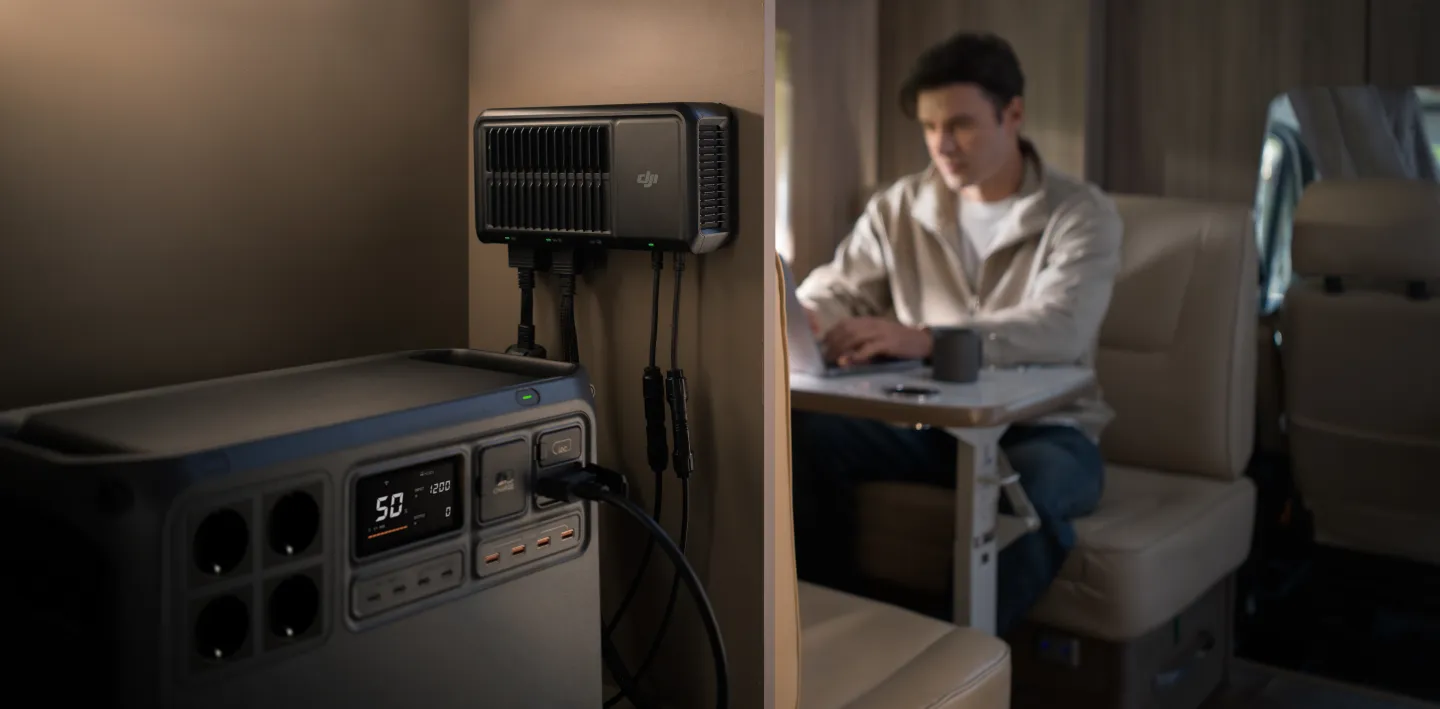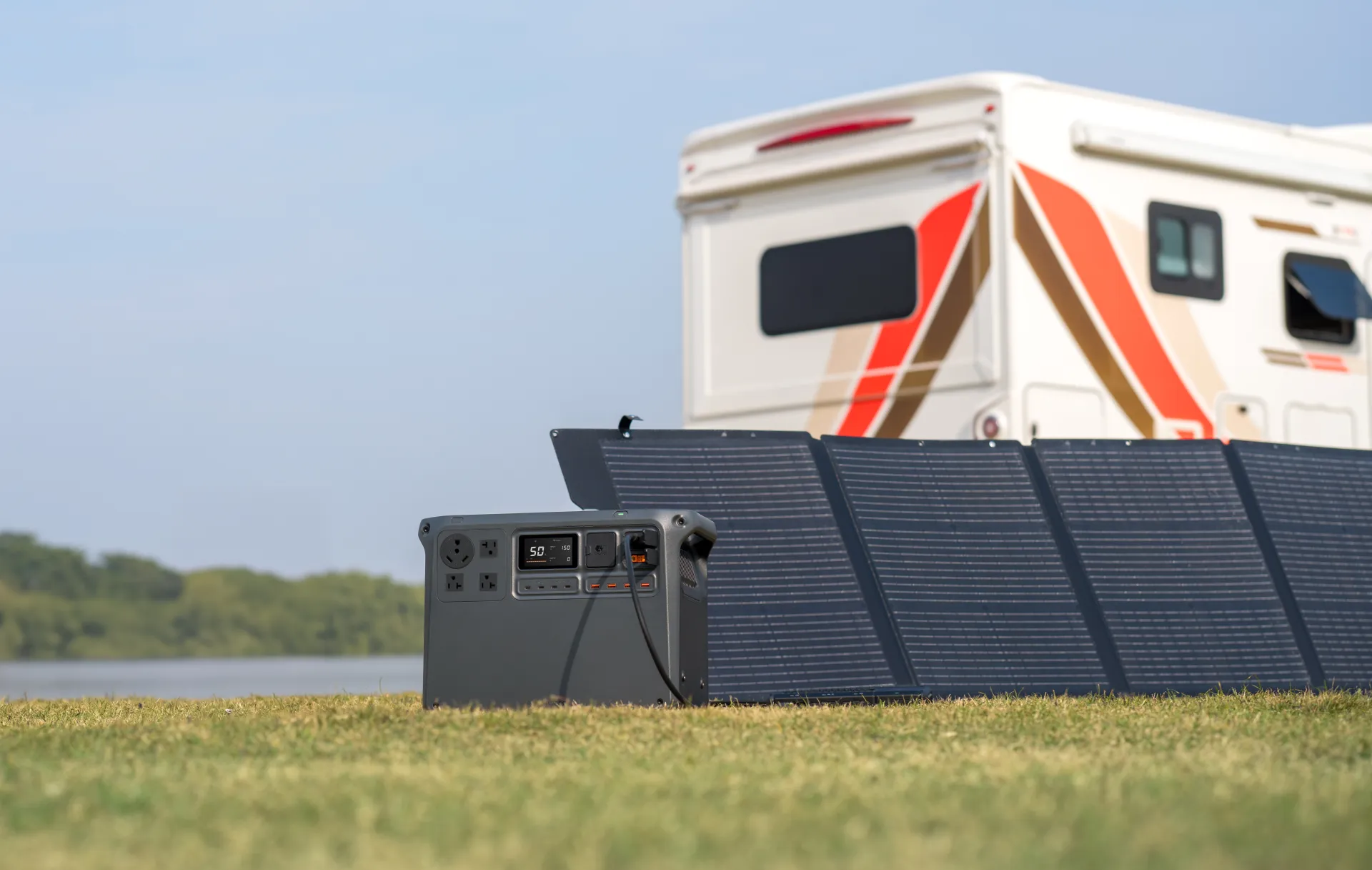DJI Power 2000: Designing for a World Beyond the Plug
- Niwwrd

- Jul 8, 2025
- 2 min read
“Good design is innovative… and thorough down to the last detail.” — Dieter Rams
DJI, a brand synonymous with aerial innovation, has shifted gears—this time focusing on something grounded yet equally impactful: power. The DJI Power 2000 is not just a portable energy station; it’s a modular, high-performance power ecosystem designed for off-grid creatives, mobile workstations, emergency response, and modern nomads.
In a world defined by movement and uncertainty, this is what future-ready, useful design looks like.

What It Is
The Power 2000 delivers 2,048Wh of capacity and up to 4,000W output, enough to charge everything from drones and cameras to induction cooktops and small appliances. But the standout feature is its expansion capability—multiple battery packs, solar charging integration, and the ability to link units for larger systems.
It's a power station that doesn't ask you to adapt to it. It adapts to you.
Technical Highlights
Battery: 2,048Wh LiFePO4 with 4,000W peak
Expansion: Modular connectivity up to 8kWh
Ports: 14 total including USB-C, AC, DC, and car output
Smart App: Monitor performance, status, and temperature in real time
Fast Charging: 0 to 100% in 70 minutes
The form factor is minimal and functional: a robust black housing with clean contours, clear status indicators, and integrated handles. There's no ornamentation—just purpose.
Why It Matters
Most power stations are built as accessories. The DJI Power 2000 feels like infrastructure. It's quiet, durable, expandable, and discreet. It doesn’t overwhelm the user—it empowers them.
It aligns with multiple Rams principles:
Good design is useful: It serves essential needs across diverse environments.
Good design is innovative: Expansion is handled with elegance, not complication.
Good design is long-lasting: Built with high-grade LiFePO4 cells and tested safety standards.
Good design is honest: The design is true to its function, with zero fluff.
Use Cases
Remote filmmakers powering RED/ARRI rigs and editing on location
Photographers using solar panels to charge drones and laptops
Emergency responders running communication tools off-grid
Architects and researchers building solar-powered field labs
Everyday users creating quiet, sustainable backup systems at home
The Niwwrd Takeaway
The DJI Power 2000 is not a “smart gadget.” It’s a practical design response to the way we now live, work, and move. It respects the user, offers flexibility without noise, and solves a real problem with elegance.
It’s one of the most intentional product designs of 2025—and a reminder that innovation doesn’t need to look flashy. Sometimes, it just works.
Explore: DJI Power 2000








Comments